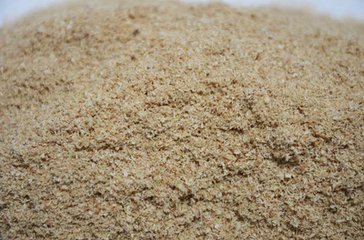The Australian Renewable Energy Agency (ARENA) has announced up to AUD$500,000 (€311,719) in funding will be awarded to Boral Timber to investigate the feasibility of building a biorefinery capable of producing biodiesel from sawmill residues.

If the facility at Boral Timber’s Hardwood Sawmill at Herons Creek near Port Macquarie, New South Wales, goes ahead, it will be the first of its kind, according to an ARENA statement.
For the AUD$1.2 million study, Boral will explore the technical and financial viability of establishing a biorefinery. If the study yields positive results, the proposed biorefinery would cost a total of AUD$50 million (€31.17 million) to build. It would have capacity to convert up to 50,000 tonnes of waste sawmill residue each year into “transport grade renewable diesel and bitumen.”
At present the sawmill residue is used for low values purposes such as landscaping and boiler fuel.
“The transport sector is a significant user of energy in Australia, with liquid fuels a key long term energy source for heavy-vehicle road and air transport since they cannot readily be electrified. Bioenergy comprises a growing proportion of Australia’s energy mix, and this new technology could see residue from the production process be used to reduce Boral’s reliance on diesel and bitumen derived from fossil fuels,” said ARENA CEO Ivor Frischknecht.
“If this ground-breaking technology is successful, we hope to see a transition to similar biorefineries by other companies which have a waste stream in forestry or agriculture,” Frischknecht continued.
Boral, currently one of Australia’s largest consumers of bitumen, has a large truck fleet consuming 100 million litres of diesel each year. The company’s executive general manager for Building Products, Wayne Manners, says that the proposed biorefinery could meet up to 15% of the company’s annual diesel needs.
“The application of this technology has the potential to transform the way we use low value hardwood sawmill residues into a resource that could be highly valuable not just to Boral but to the industry more generally,” Manners said.